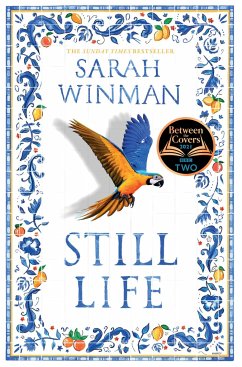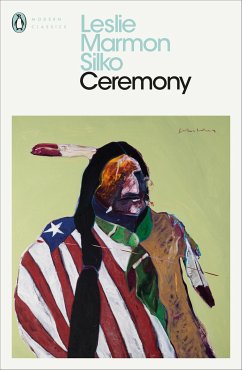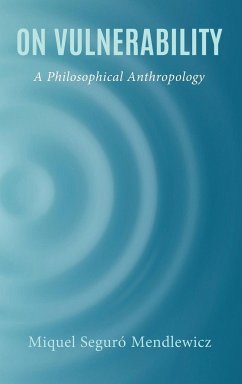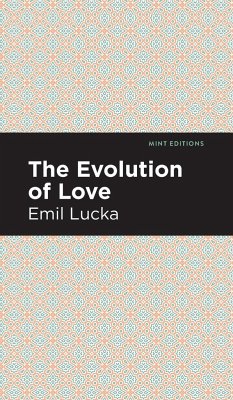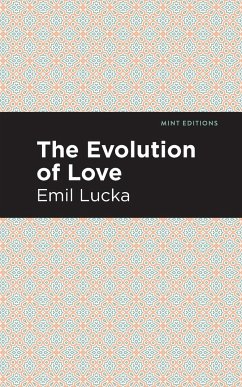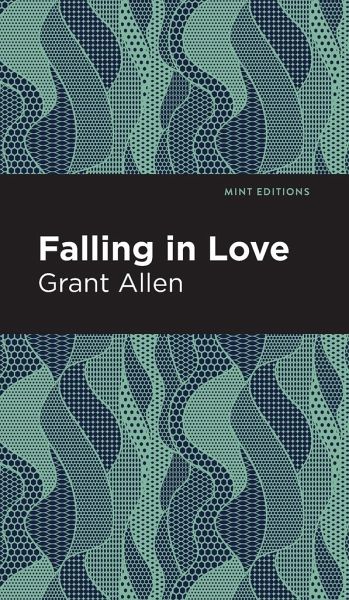
Falling in Love
Versandkostenfrei!
Versandfertig in 1-2 Wochen
18,99 €
inkl. MwSt.
Weitere Ausgaben:

PAYBACK Punkte
9 °P sammeln!
Falling in Love (1889) is a brilliant collection of essays by innovative Canadian writer Grant Allen. His wide-ranging interests and unique, personal tone present science in a style that not only makes difficult concepts digestible to the average reader, but also presages the popularity of New Journalism in the latter half of the twentieth century. In the title essay, Allen moves from analysis of the evolutionary implications of love to a blistering critique of the institution of marriage. Central to this piece is a rejection of matchmaking according to religion, race, and rank, which Allen ma...
Falling in Love (1889) is a brilliant collection of essays by innovative Canadian writer Grant Allen. His wide-ranging interests and unique, personal tone present science in a style that not only makes difficult concepts digestible to the average reader, but also presages the popularity of New Journalism in the latter half of the twentieth century. In the title essay, Allen moves from analysis of the evolutionary implications of love to a blistering critique of the institution of marriage. Central to this piece is a rejection of matchmaking according to religion, race, and rank, which Allen makes with the hope that "marriage for love...will last for ever." Allen was a writer unafraid of ruffling feathers, a tireless individual who delighted in dissecting and ejecting convention. In "British and Foreign," Allen looks at the non-indigenous nature of so much of Britain's environment to argue that, in the end, "there is nothing really and truly British." Allen was also, perhaps more than anything else, a deeply curious man, a person for whom no topic was unworthy of questioning. In "Honey-Dew," as though under a microscope, he examines the remarkable coexistence between ants and aphids to not only highlight the intricate webs that make up the natural world, but to expose humanity's outsized, and often helpless, role in the life of the planet. Other essays in Falling in Love find Allen espousing on the nonexistence of thunderbolts, composing a treatise on the sociopolitical history of the banana, and saying what he would have said on an archaeological expedition (had he been asked). For Allen, humor is never too far from insight, and insight is always within reach. Falling in Love is both a pleasure to read and intoxicating, a work for readers intrigued by science or looking for a fresh voice to cut through the world's confusion. Grant Allen was not just a novelist and essayist, but a writer's writer whose words read as clearly as though they were written yesterday. With a beautifully designed cover and professionally typeset manuscript, this new edition of Grant Allen's Falling in Love is an understated classic of literary nonfiction reimagined for modern readers. Since our inception in 2020, Mint Editions has kept sustainability and innovation at the forefront of our mission. Each and every Mint Edition title gets a fresh, professionally typeset manuscript and a dazzling new cover, all while maintaining the integrity of the original book. With thousands of titles in our collection, we aim to spotlight diverse public domain works to help them find modern audiences. Mint Editions celebrates a breadth of literary works, curated from both canonical and overlooked classics from writers around the globe.





